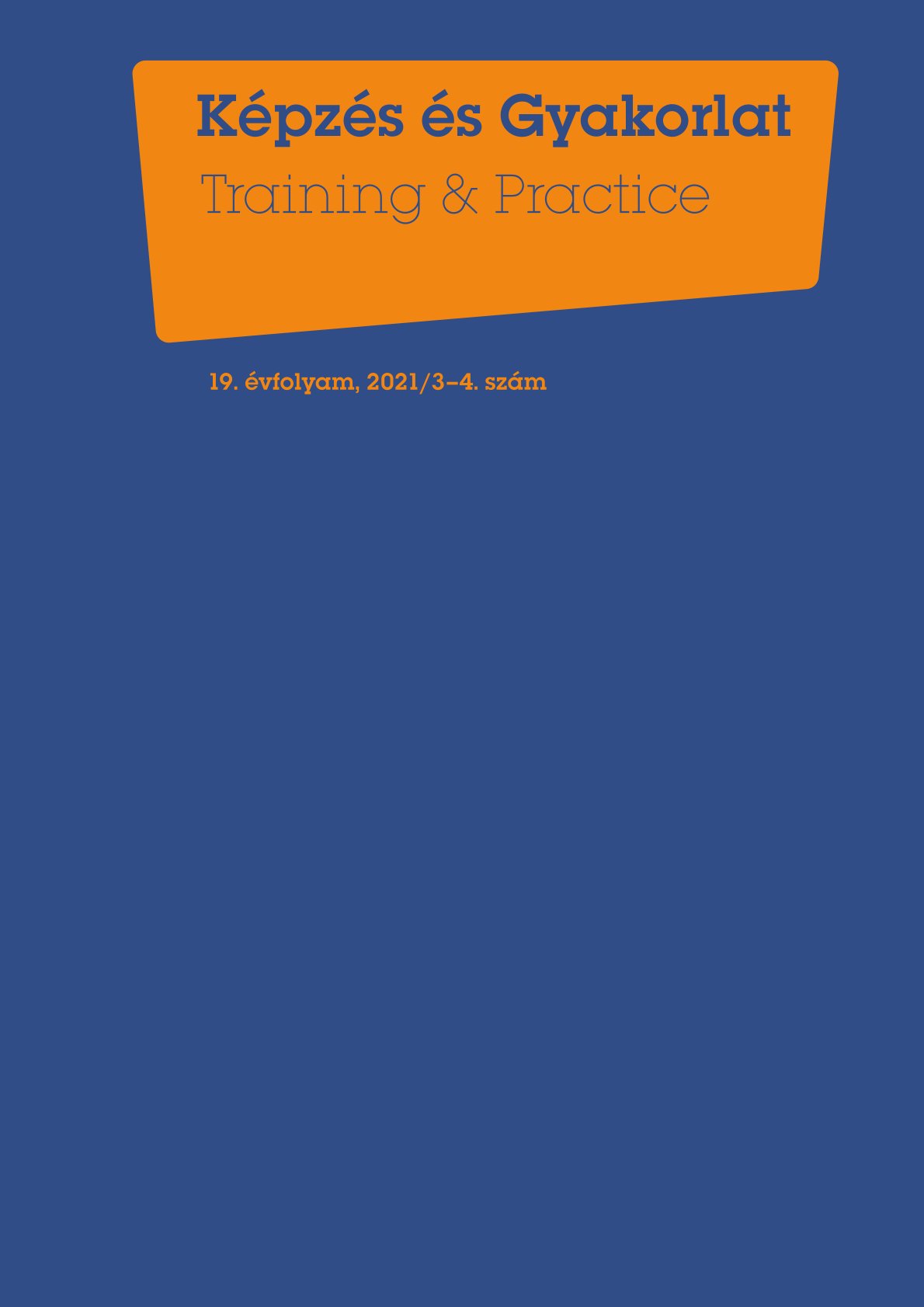The difficulties of cooperative learning in the teachers opinion
DOI:
https://doi.org/10.17165/TP.2021.3-4.15Abstract
Through my work I am showing the difficulties of cooperative learning in the opinion of Serbian teachers. During my reaserch, I examined the difficulties caused by the small-scale application of cooperative learning in teaching mathematics. A total of 257 teachers from different areas of Serbia participated in the research. The results show that preparation for cooperative learning has been a difficult and time consuming task for the teachers and that it is difficult to assess students individual performance and activity in this mode of learning. Among school conditions teachers emphasize the classroom layout as the biggest obstacle.
References
Abu, R. & Flowers, J. (1997). The Effects of Cooperative Learning Methods on Achievement, Retention and Attitudes of Home Economics Students in North Carolina. Journal of Vocational and Technical Education, Vol.13 No. 2, pp. 16-22. DOI: https://doi.org/10.21061/jcte.v13i2.671
Arató, F. & Varga, A. (2006). Együtt-tanulók kézikönyve: Bevezetés a kooperatív tanulásszervezés rejtelmeibe. Budapest: Educatio.
Džaferagić, A. & Tomić, R. (2012). Kooperativno učenje u nastavi mlađih razreda osnovne škole. Metodički obzori 15, vol. 7 No. 2, pp. 107-117.
Gillies M., R. & Boyle, M. (2010). Teachers' Reflections on Cooperative Learning: Issues of Implementation, Teaching and Teacher Education 26, 933- 940. DOI: https://doi.org/10.1016/j.tate.2009.10.034
Good, T.L. & Brophy, J.E. (2008). Nyissunk be a tanterembe! 1-3. (Ford.: Abrudán Katalin). Budapest: Educatio Kht.
Hijazi, D., & Al-Natour, A. (2012). Teachers' Attitudes towards Using Cooperative Learning for Teaching English Skills. Interdisciplinary Journal of Contemprary Research in Bussiness, Vol. 3, No. 12, pp. 443-460.
Ilić, M. (2016). Značaj i teškoće u primeni kooperativnog učenja u razrednoj nastavi iz perspektive učitelja. Nastava i vaspitanje, 65(1), pp. 167-180. DOI: https://doi.org/10.5937/nasvas1601167I
Knausz, I. (2003). A tanítás mestersége. Iskolafejlesztési Alapítvány, Budapest, [online] http://mek.oszk.hu/01800/01817/01817.htm [2021. augusztus 15.]
Kovács, E. (2021). A kooperatív tanulás és eredményei az általános iskolai alsó tagozaton történő matematikaoktatásban [Doktori disszertáció]. Kragujevaci Egyetem Uzsicei Pedagógiai Kar.
Kovács, E., Pintér Krekić, V. & Major, L. (2020). Tanítói attitűdvizsgálat a kooperatív tanulás hatásáról a matematikában nyújtott teljesítményre, Évkönyv. Tanulmánygyűjtemény, Újvidéki Egyetem Magyar Tannyelvű Tanítóképző Kar, 15. évf. 1. sz. pp. 56-68.
Ševkušić, S. (2003). Kreiranje uslova za kooperativno učenje: osnovni elementi. Zbornik Instituta za pedagoška istraživanja, god. 35, br. 1, pp. 94-110.
Downloads
Published
Issue
Section
License
Copyright (c) 2021 Kovács Elvira

This work is licensed under a Creative Commons Attribution-NonCommercial-NoDerivatives 4.0 International License.












